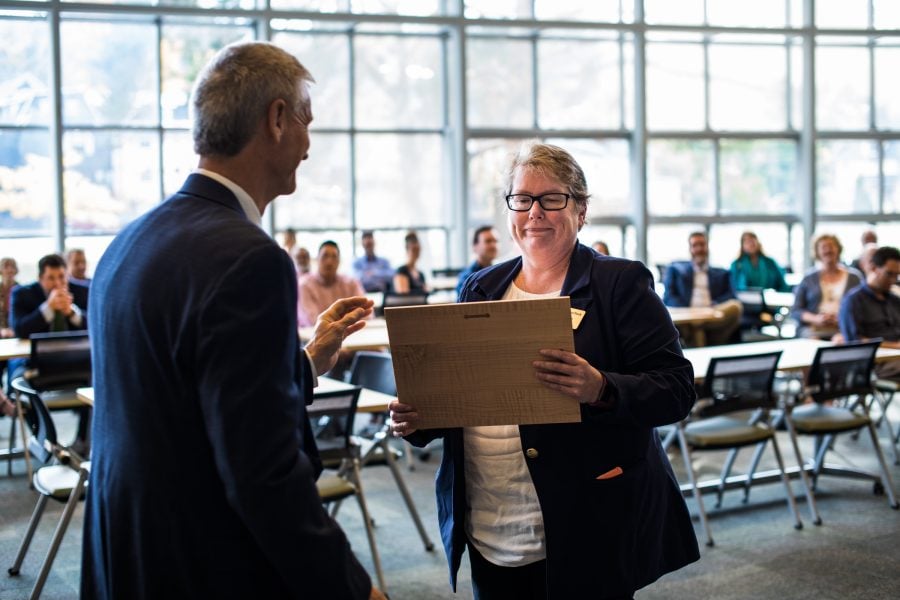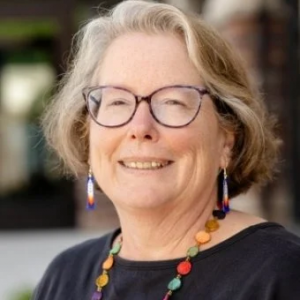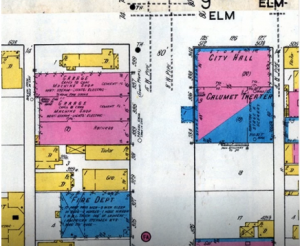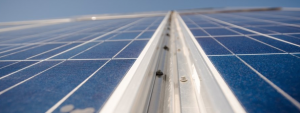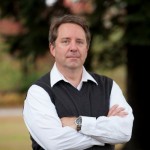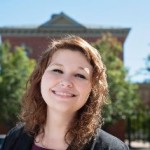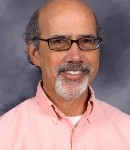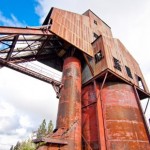Congratulations to Kathy Halvorsen, renewed as a 2024 University Professor by the Office of the Provost and Senior Vice President for Academic Affairs. The University Professor title is awarded to faculty members who have made outstanding scholarly contributions to the University and their discipline over a sustained period.
Halvorsen, the University’s associate vice president for research development and a professor in the Department of Social Sciences and College of Forest Resources and Environmental Science, was first named a University Professor in 2019. She is one of three honorees in 2024.
The nomination materials commended Halvorsen’s ability to maintain an active research program while holding an administrative position. Shortly after being named a University Professor in 2019, she assumed an administrative role in the Vice President for Research office. Halvorsen also manages National Science Foundation grants in which she is the principal investigator (PI) or co-PI; advises graduate students; publishes papers related to her research; and supports diversity, equity, inclusion, and a sense of belonging on campus.
Between 2019 and 2024, Halvorsen served on the Association of Public and Land-Grant Universities (APLU) Council on Research Safe and Inclusive Working Group and is a member of Cohort Four of the APLU Council on Research Leader Fellow Program. Halvorsen serves on the editorial board of the Journal of Research Administration.
About the Department of Social Sciences at Michigan Tech
Michigan Tech’s Department of Social Sciences offers bachelor of science degrees in Anthropology, Policy and Community Development, Sustainability Science and Society, and Social Science, along with a bachelor of arts degree in History. Our graduate program includes master’s and doctoral degrees in Industrial Heritage and Archaeology—the only program of its kind in the world—along with Environmental and Energy Policy. Our social sciences department also offers a master’s in Sustainable Communities. Plus, you can get a graduate certificate in Public Policy by taking three online courses in just one term.
Questions? Contact us at socialsciences@mtu.edu. Follow us on Facebook, Instagram, and Twitter for the latest happenings.
Steve Mintz is the marketing and communications manager for the College of Sciences and Arts at Michigan Tech.
